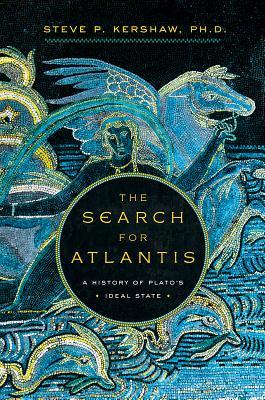The Atlantis story remains one of the most haunting and enigmatic tales from antiquity. But where did Atlantis come from, what was it like, and where did it go to?
Atlantis was first introduced by the Greek philosopher Plato in the fourth century bc. As he discusses about the origins of life, the universe, and humanity, the great thinker puts forward a stunning description of Atlantis--an island paradise with an ideal society. But the Atlanteans soon degenerate and become imperialist aggressors: they choose to fight against antediluvian Athens, which heroically repels their mighty forces, before a cataclysmic natural disaster destroys the warring states.
Plato's dialogues appear remarkably prescient today. Not because they invite a search for a mysterious lost continent, but because of their warnings about the pernicious effects of wealth and power on a ruling class: Atlantis-style luxury, excess, corruption, and imperialism can lead only to decay and disaster. This ever-important tale should be prescribed reading for every political leader.
Plato's tale of a great empire that sank beneath the waves has sparked thousands of years of debate over whether Atlantis really existed. But did Plato mean his tale as history--or just as a parable to help illustrate his philosophy?
